 Is It An Ear Infection Or Teething? - everymum
Is It An Ear Infection Or Teething? - everymumWhy is my baby pulling or rubbing his ear? Your baby seems to grow and develop at the speed of lightning. They're learning and doing new things every day, including some things you'd rather they didn't. But if your baby is suddenly pulling, waving or scratching your ears, don't worry. There are several reasons why your little boy has a sudden fascination with his ears. In fact, if your baby is touching your ears but has no other signs or symptoms, it is more likely to be harmless. That's how to find out when it could be something else. Your baby just discovered that they have ears Your baby may have noticed that they have ears stuck to your head! This is like that time your baby realized that they could make their hands move and kept tightening their fingers in front of their face, or accidentally hit. As your ears are new and your pincer is strengthening, your baby can touch, throw or play with your ears. This can become a temporary habit. They will stop touching their ears as soon as something else catches their attention — perhaps their toes! Your baby is self-sufficient You might be used to your little calming down for sucking a pacifier or your hand or thumb. But babies can also otherwise. Your baby may be pulling, rubbing or touching your ears because it feels good and helps them relax. If your baby is playing with your self-soothe ears, you will probably notice that they do it more just before they fall asleep or between meals. As your baby grows, they won't need to self-suspect this way and they'll stop by themselves. Your baby has spicy skin Your baby might be scratching a itching when they're throwing or scrubbing their ears. Babies can get for many reasons, like adults. Some causes of dry skin, itching are mild and disappear on their own. The delicate skin around your baby's ears and head can also dry. Your baby may sometimes have a slightly dry or itchy skin due to the following: Let your doctor know if your baby has a severe eruption or continues to dry, flushing the skin or any rash. It's common in babies. Almost percent of babies and children with atopic dermatitis, the most common type of eczema, show symptoms of this skin condition before they are 1 year old. Eczema symptoms in babies include: Your baby has an ear infection Your baby may be throwing or touching your ears because they have a pain. Ear infections are more common in infants and young children between 3 months and 3 years. And the poor little blacks can get them more than once. Babies and young children receive more ear infections due to where their ear tubes are. They have more horizontal ear tubes, while older children and adults have vertical ear tubes. The liquid does not drain from the baby's horizontal ear tubes, as well as the vertical tubes. If your usually happy baby is touching or scratching your ears, look for other signs and symptoms of ear pain, including: Your baby is denting or has general pain may look like an ear infection in a baby. This is because the nerves around the teeth and the mouth go to the ears. A difference is that an ear infection usually occurs during or right after the baby has a cold or flu and may be accompanied by a fever. Your baby could be pulling his ears because they're really, really upset. If your baby has a cold or , they could grab their ears from frustration. When this happens, your child will also show other signs of being in pain, such as: Dealing with your baby's ear turmoil depends on why they are doing it. In some cases, you may need medical treatment to help relieve the cause. If your child is gripping or pulling into your ears only because, or scratching your ears so bad that your skin becomes raw or even bleeding, try to help deter the obsession of your ear. Put some small mittens or a new pair of socks in your baby's hands to stop your wandering fingers. You can also distract your baby by giving them other things to do with their hands, like playing with something colorful and strong. Giving your baby new textures — like a rubber toy — feeling is also great for your development and could help you forget your ears for a little. Soothe pain teeth with a cold pacifier. Alternatively, ask your baby's pediatrician if you recommend medicines for baby pain. Also, see your pediatrician if your baby is pulling your ears and has had a recently cold or flu, or if they have other symptoms. Baby ear infections can be caused by bacterial or viral infections. Leaving them untreated can damage the audience. Your baby may need an antibiotic or other course for an ear infection. Similarly, skin rashes such as eczema can be severe in some babies. Although there is no cure, your doctor may give your baby the best treatment to help keep your symptoms away. The baby dandruff or usually clears itself, although it is not rare that it persists for several months. Washing your baby's scalp every couple of days with shampoo and warm water can help relax the scaly patches. When it comes to babies and their ears (or any other part of the body, for that matter), it is always better to let your pediatrician know if something doesn't suit you. If your baby is stirring your ears and has other symptoms, consult your doctor as soon as possible. The baby's ear pulling, scratching, or gripping can be another cute thing your baby can do. It's probably completely normal, and they'll stop doing it on their own. (Or if they are a little too playful with their ears, the gloves feared or socks may have to come out again). On the other hand, agitating or scratching your ear along with other symptoms may be a sign that your baby is in pain, irritated or generally not well. Health problems related to the ear, scalp and skin in babies can be serious. See your pediatrician for a checkup right away. Last medical review on August 27, 2020 related stories Read this next time
Oral Care BasicsCommon Problems When it's time for professional helpLifestagesCategoriesGoalsBrandsResourcesPrograms Our Commitment Our Bright Smiles program, Bright Futures, offers oral health education to more than half a million children around the world. Common signs of tooth articles More articles Eruption of your baby's first tooth is a milestone event. According to , most babies will develop their first tooth about six months old and have a complete set of primary teeth for three years. Although the most common signs of denture are irritability and excessive drooling, there are a number of other signs that may indicate that your child is denting. It can be a painful process, and all babies will treat discomfort differently. Getting familiar with common indicators can help you keep your baby comfortable during this process. Decrease in sleep. Have you noticed a significant change in your baby's sleep pattern? The denture can be the culprit. As you go through this process, many babies will wake up more often due to the pain caused by the discomfort of gum. Dying or praying excessively. A baby who's denting is likely to bite or dew anything he can find. The pressure caused by the bite or tap can help relieve some of the pressure of the gums and provide temporary relief of pain. Giving your baby a tooth ring is a great way to help you through these times. Rubbing of the ear or cheek areaSigns of teething can also include pain that spreads to the ears and cheeks. When babies are experiencing these discomforts, they tend to throw in their ears or rub on their cheeks to find comfort. Although this behavior may indicate denture, it may also be an indicator that your child is suffering from an ear infection. If that is the case, a visit to the doctor is essential. Loss of appetite When a child is denting, his gums become tender and pained. As a result, they will typically refuse food. Naturally, the chewing process can cause even more discomfort for the baby, resulting in a loss of appetite. Make sure you are cleaning and caring for your baby's teeth properly. Remember that good oral hygiene practices should start even before the eruption of your baby's first tooth. This article aims to promote understanding and knowledge on general oral health issues. It is not intended to replace professional advice, diagnosis or treatment. Always check your dentist's advice or other qualified healthcare provider with any questions you may have regarding a medical condition or treatment. Was this article helpful? Thank you for presenting your comments! If you want an answer, .RELATED PRODUCTS You may also like © YYY Colgate-Palmolive Company. All rights reserved.
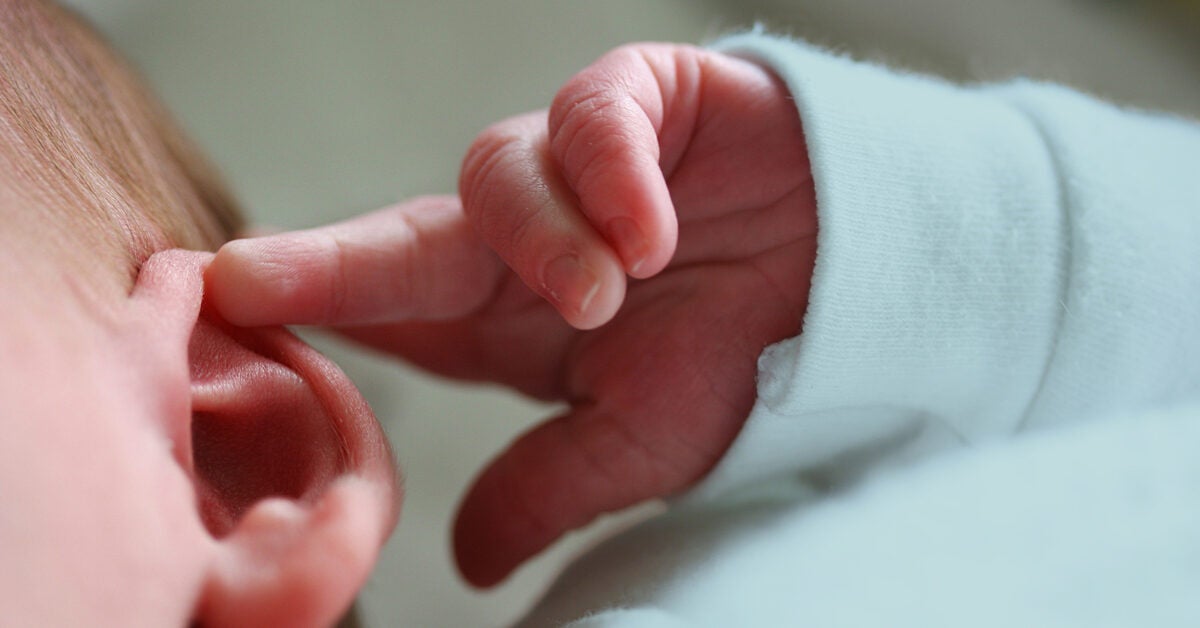
Baby Ear Pulling: Causes and When You Should Worry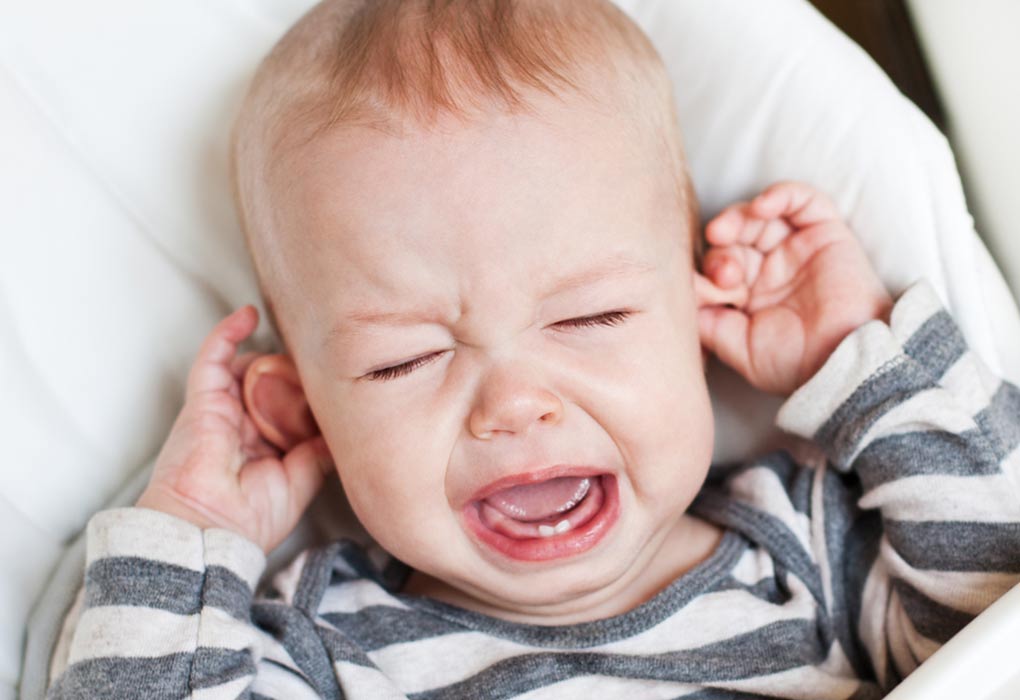
Ear Itching in Babies: Causes & Home Remedies
Ear pulling - March 2019 Babies | Forums | What to Expect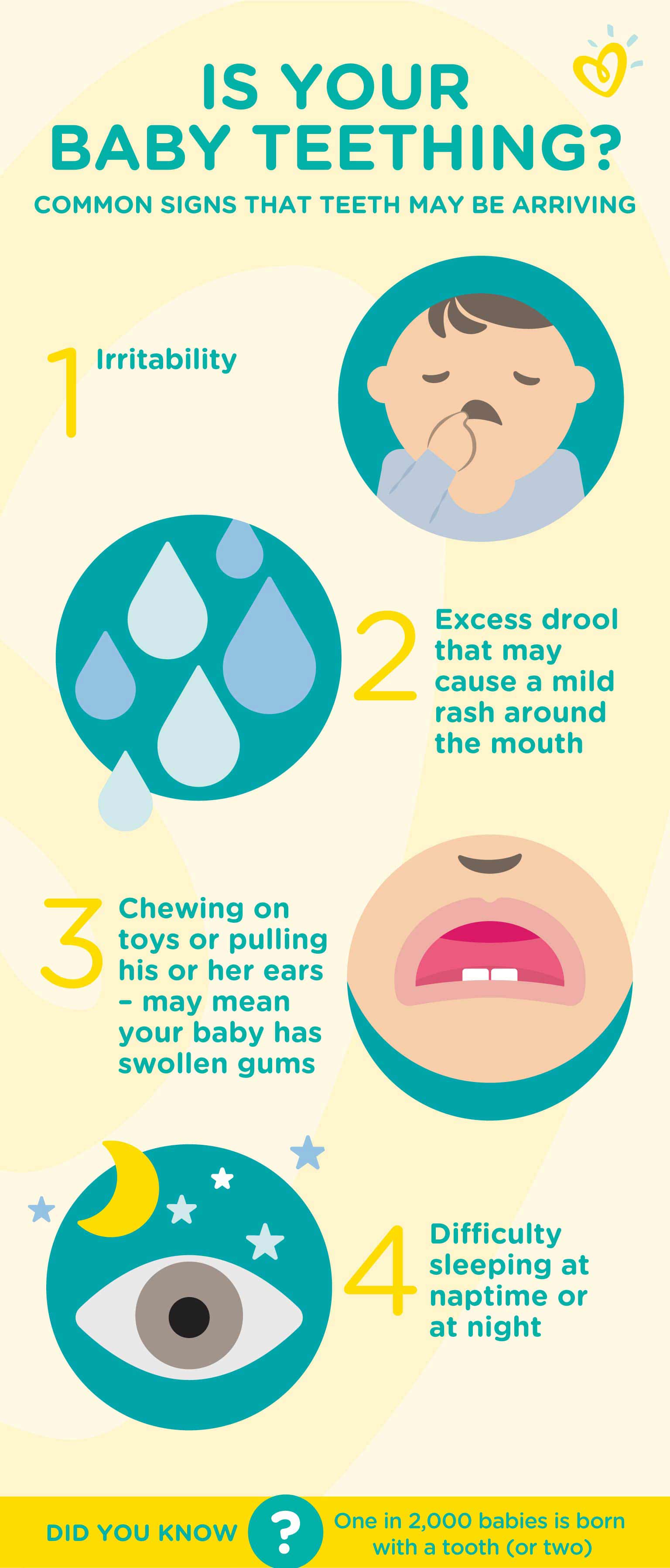
What are the Symptoms of Baby Teething? | Pampers
Baby Teething: When It Starts, Signs, and Relief | Crest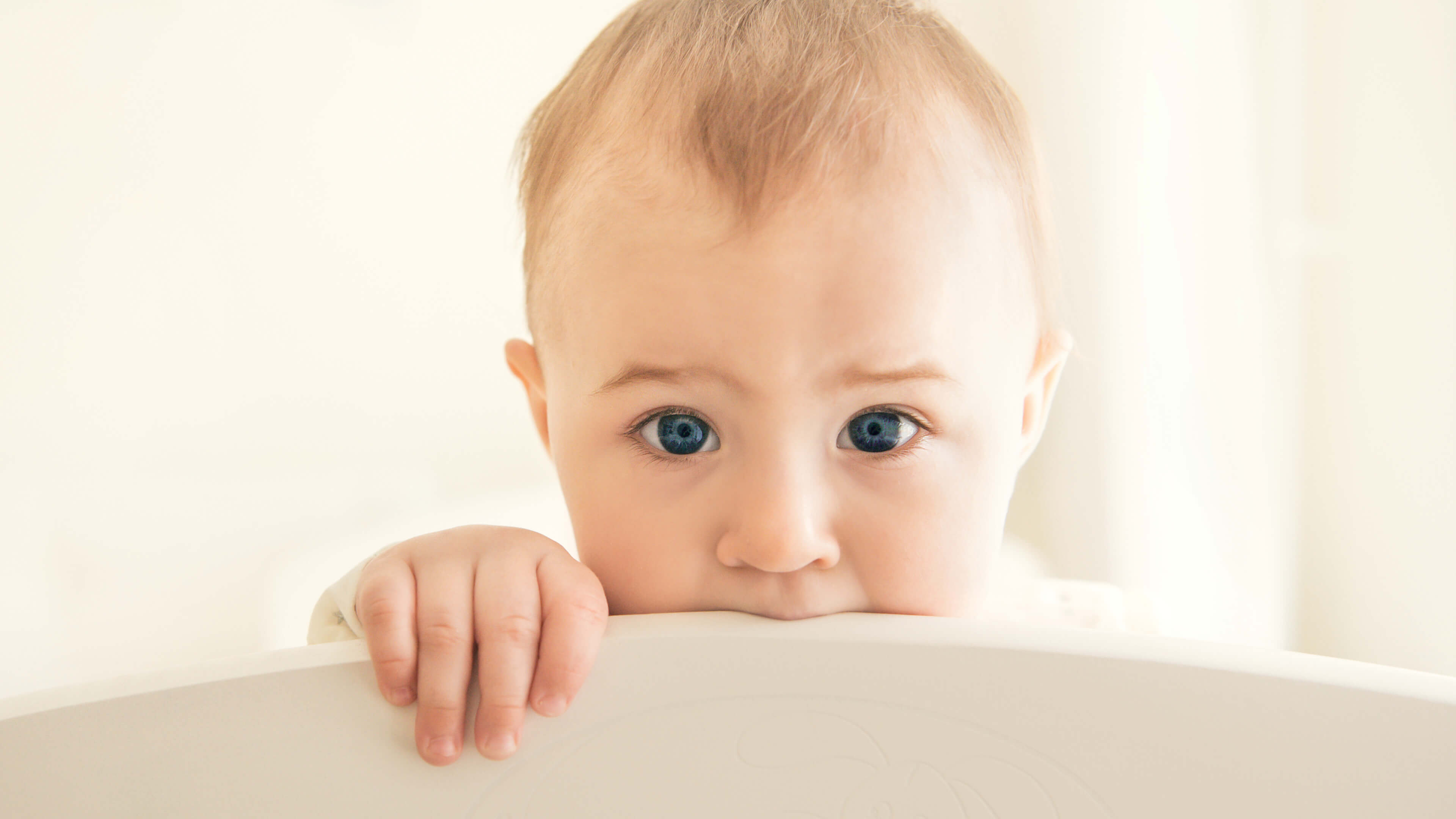
Teething Symptoms: 7 Signs Your Baby is Teething
When Do Babies Start Teething? Baby Teething Signs, Symptoms, Remedies
Is it teething or earache? | All4Women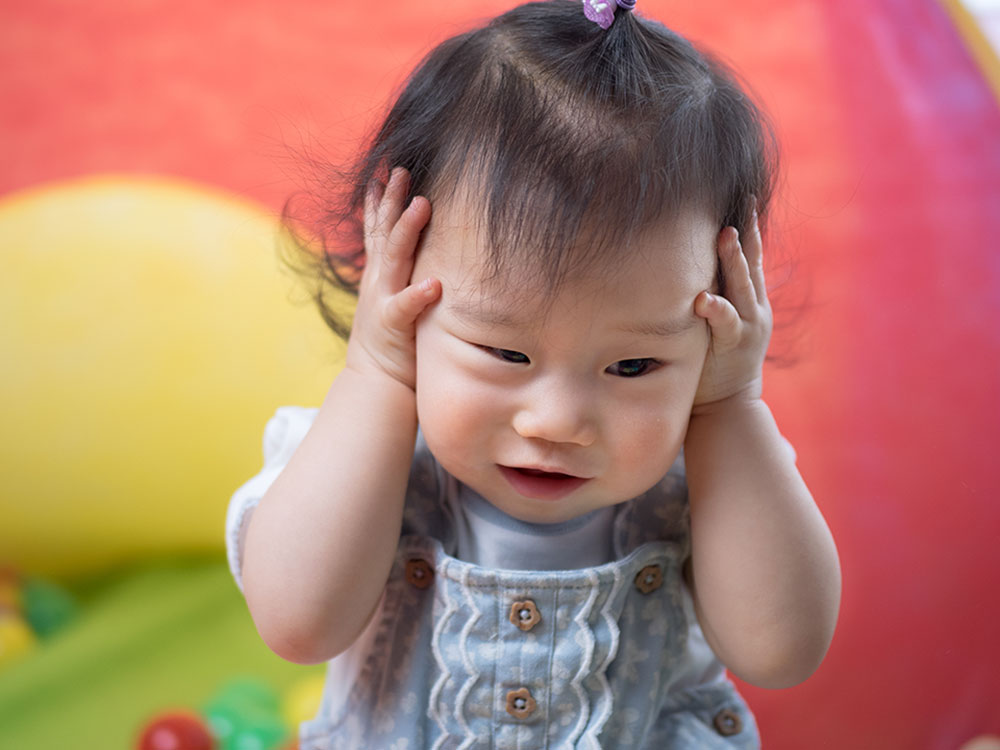
Ear pulling & tugging: babies & children | Raising Children Network
Pin on Baby Teething Tips
Baby Teething & Teeth | Teething Symptoms | OHBaby!
3 Signs of an Ear Infection | Ameritas
Ear Infection Symptoms in Babies and Toddlers | Parents
Signs your baby may be teething - Kuching Maternity Care | Facebook
Baby Teeth: Frequently Asked Questions | Parents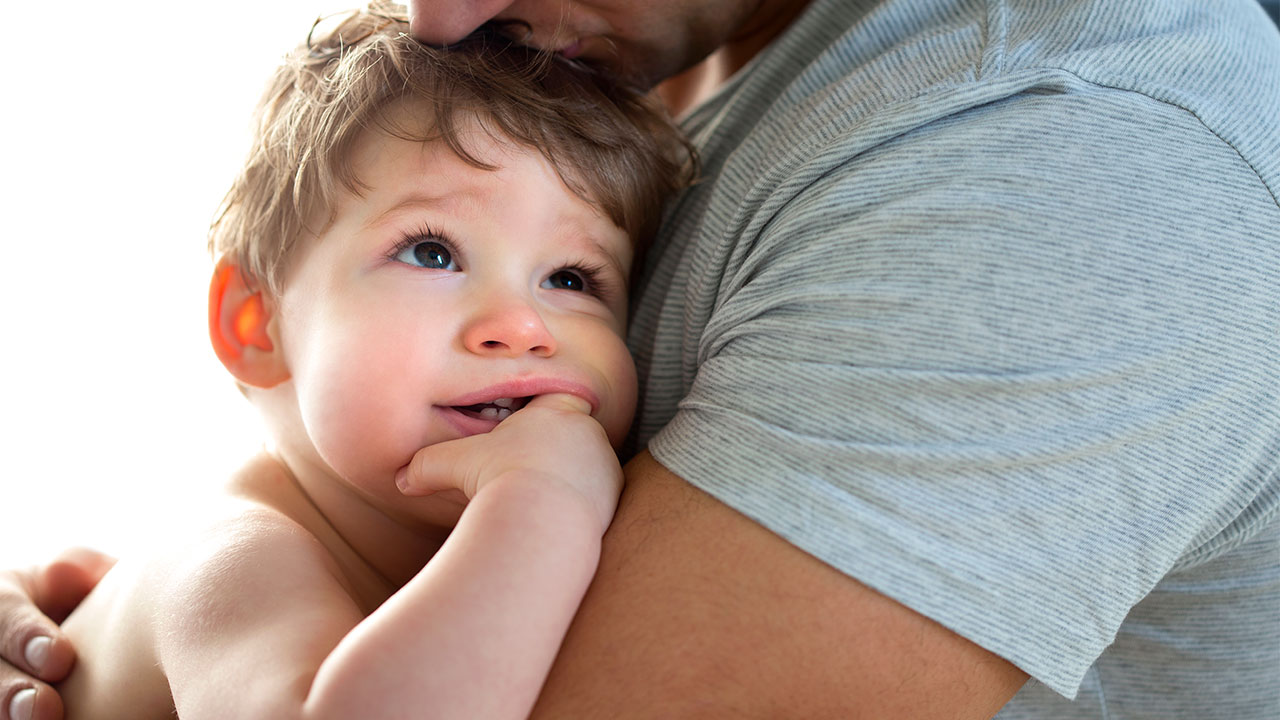
Dental care for baby teeth & gums | Raising Children Network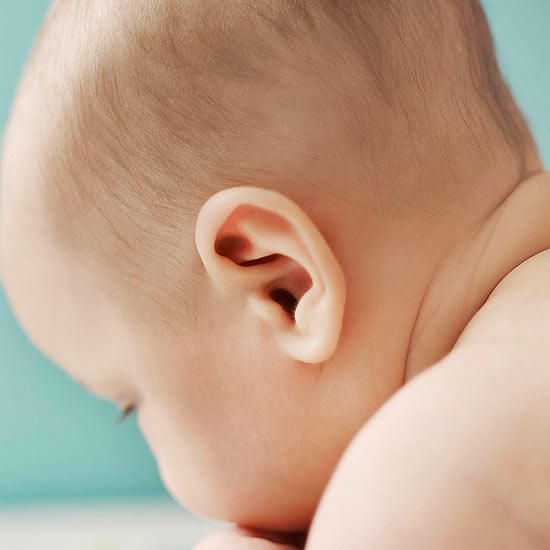
5 Things You Didn't Know About Ear Infections | Parents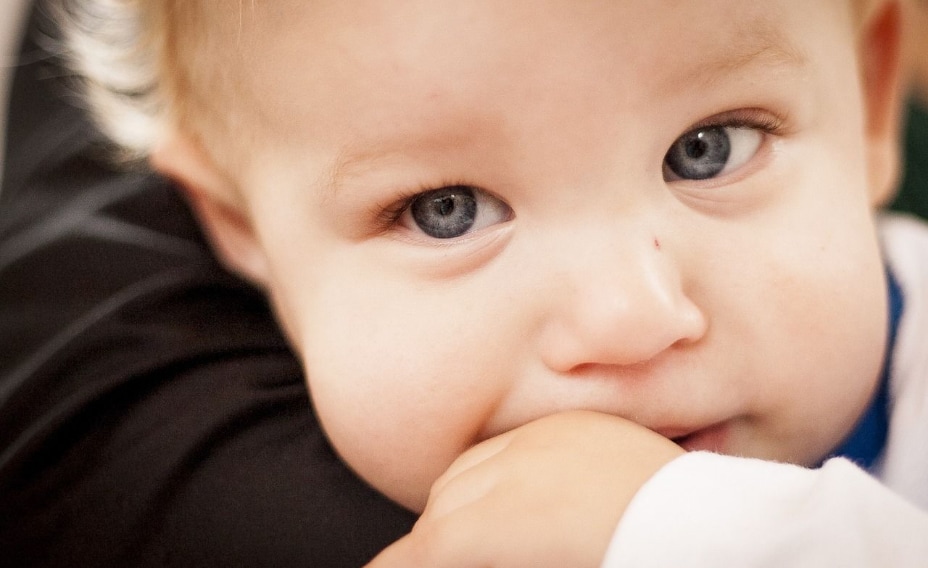
Is it teething or is it trouble? - Ashton & Parsons
Do Babies Sleep More When Teething: Yes or No?
Teething Symptoms - 10 Signs Baby Is Teething | BellyBelly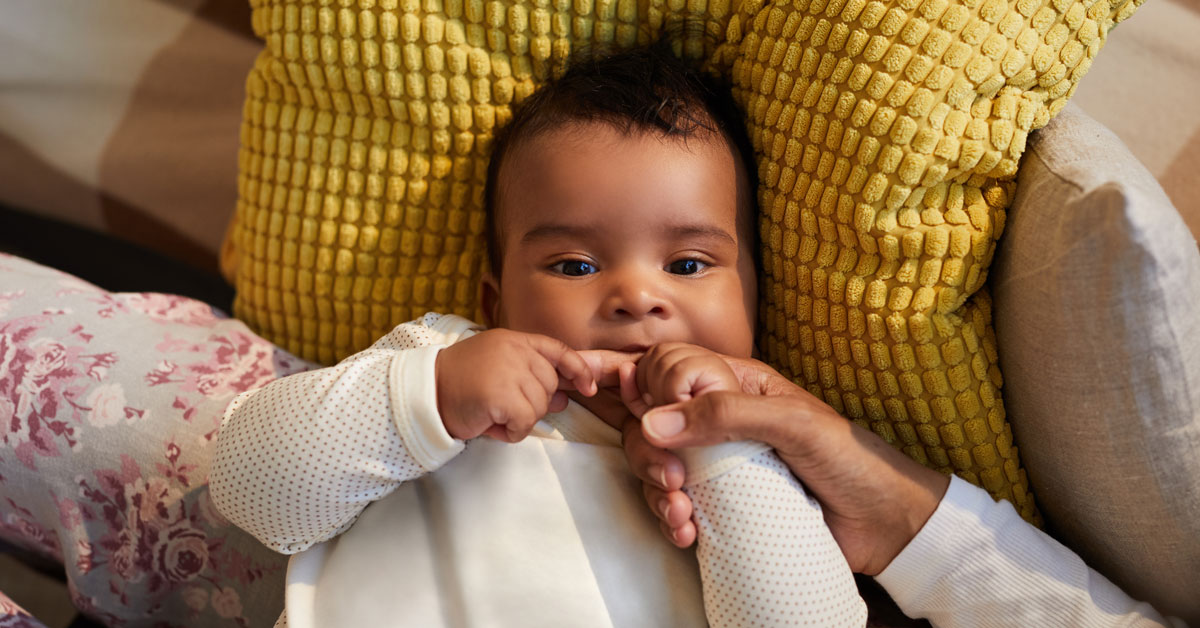
Your Infant is Teething: Know the Signs and Symptoms | Children's Hospital Los Angeles
Baby Teeth Coming In? See What to Do | Children's Dentistry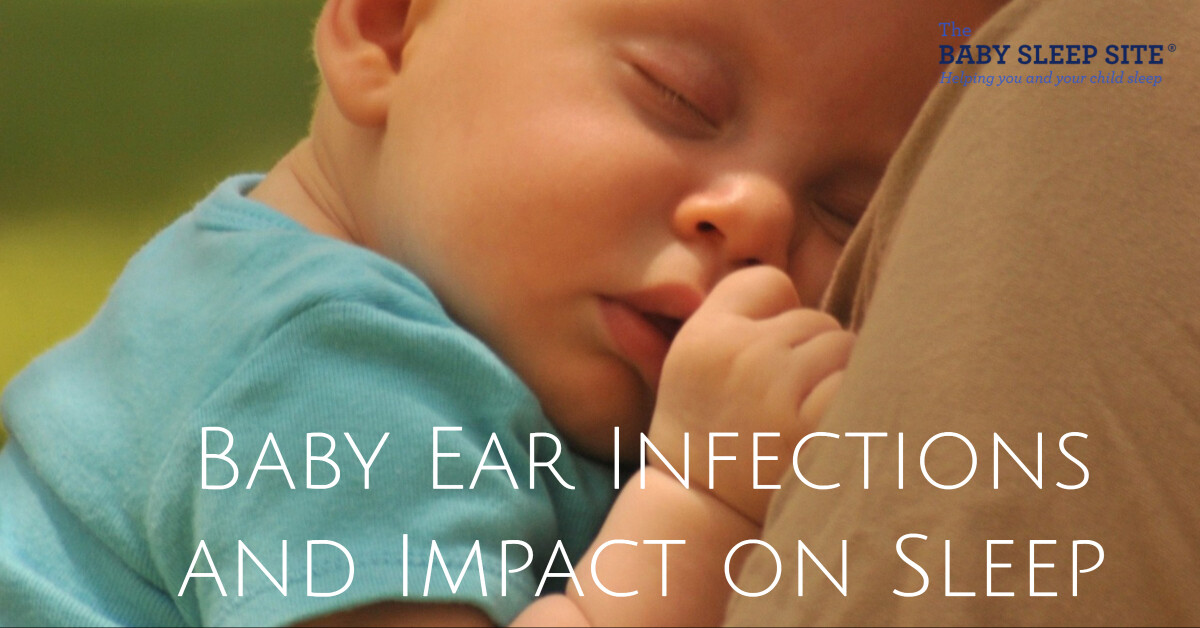
Baby Ear Infections and Impact on Sleep | The Baby Sleep Site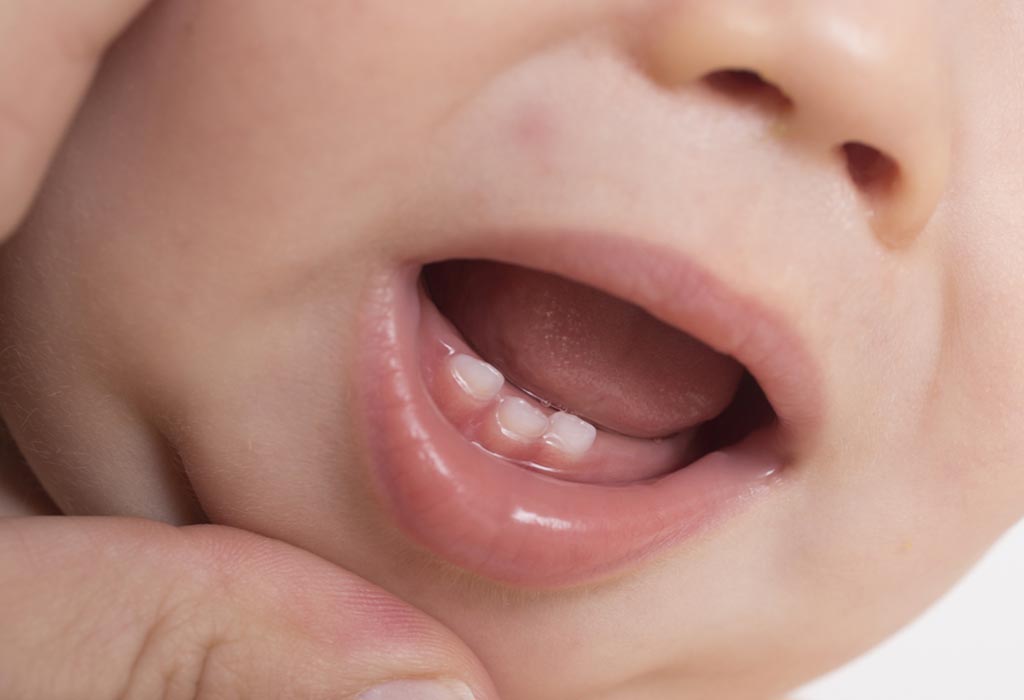
9 Signs & Symptoms of Teething in Babies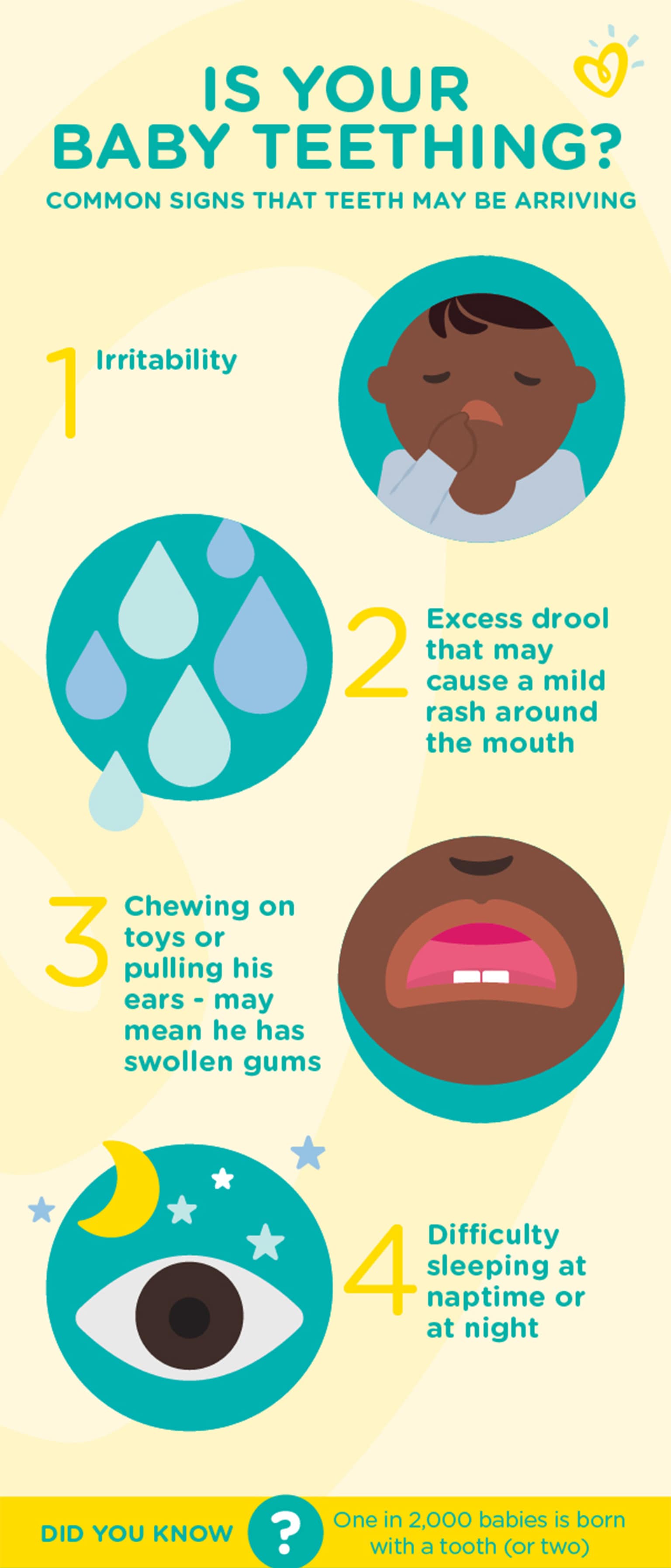
When Do Babies Start Teething? | Pampers
Is My Baby Teething? | Learn the Signs of Teething - Mom365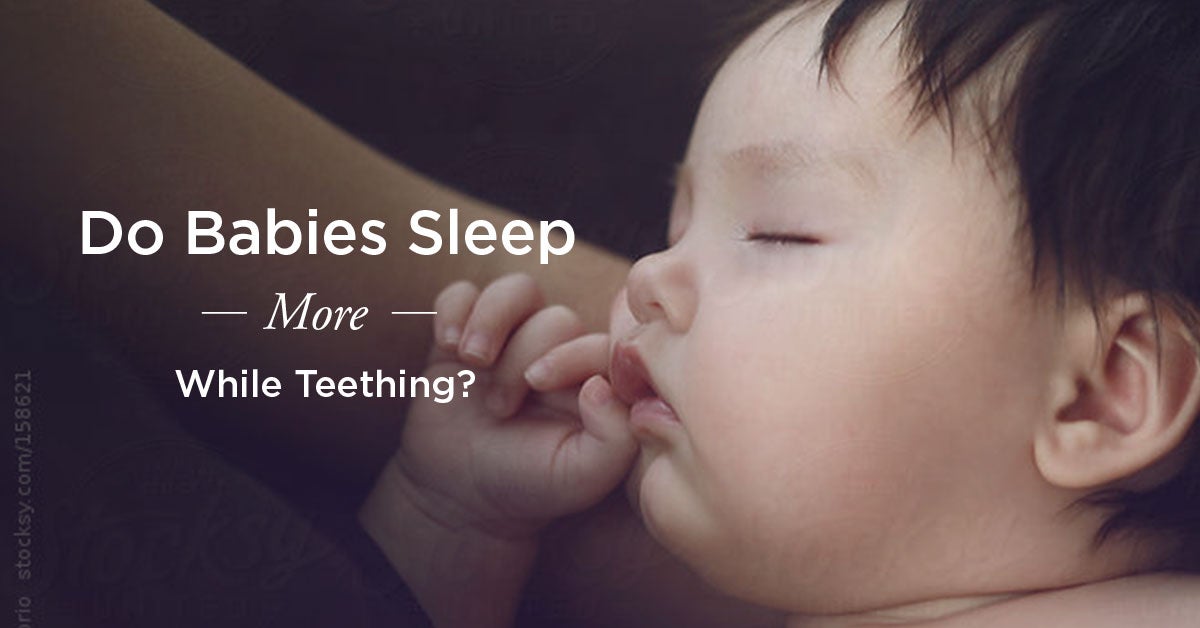
Do Babies Sleep More When Teething: Yes or No?
12 common teething questions answered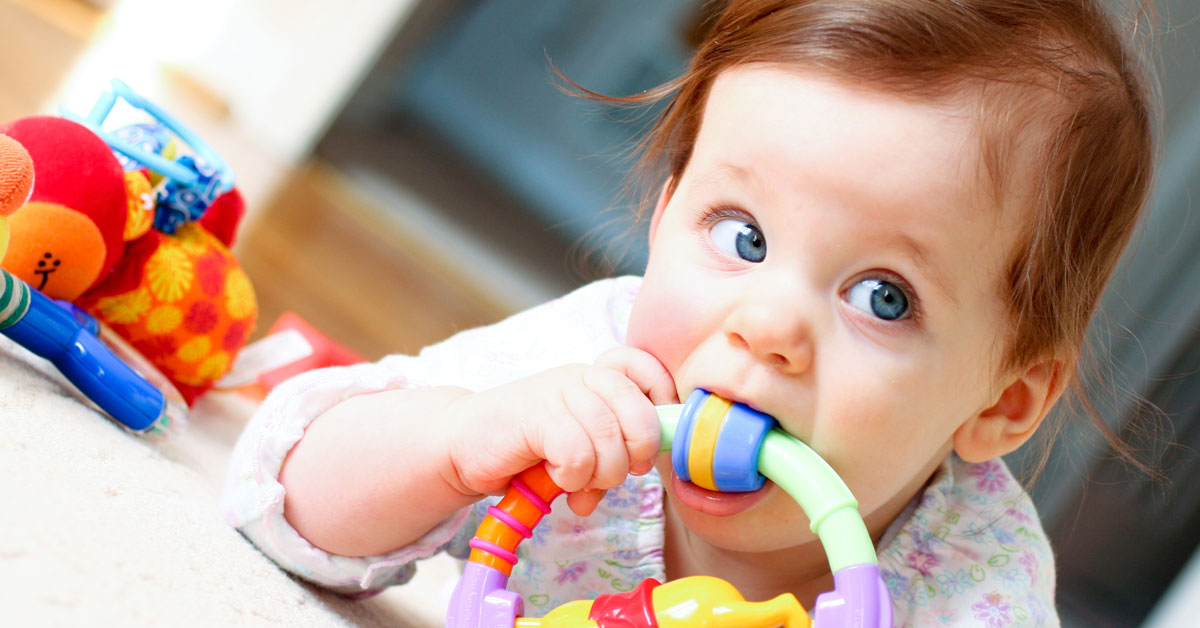
Your Infant is Teething: Know the Signs and Symptoms | Children's Hospital Los Angeles
Teething 8 Signs that Your Baby May Be Teething Now | Mark C. Marchbanks, D.D.S.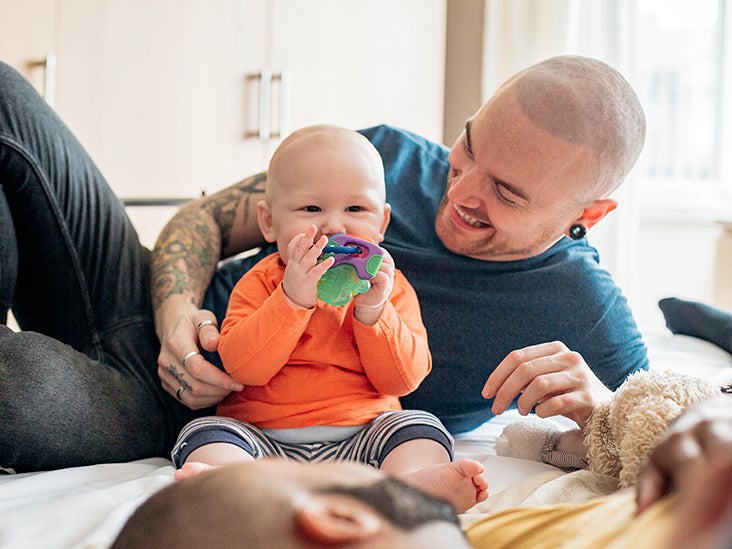
When do babies start teething? Timeline, signs, and more
Important Facts Parents Should Know About Kids' Eye Exams | Baby dental care, Baby dental, Baby teeth
Essential Teething Guide | Babywise.life
Teething or ear infection? - December 2016 - BabyCenter Canada
Baby Teething Symptoms: Is Your Infant Cutting Teeth? | Parents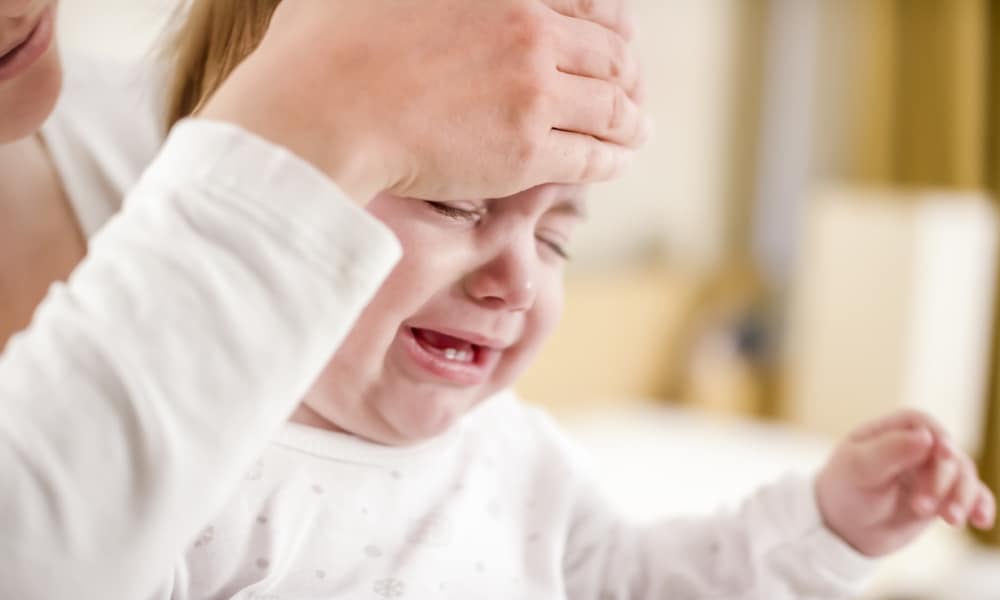
Ear infections: Symptoms, causes or is it teething? - Kidspot
7 teething myths every new parent wonders about - Today's Parent
Teething babies: how to ease the distress - BabyCenter Australia
7 teething myths every new parent wonders about - Today's Parent
Ear infections: Symptoms, causes or is it teething? - Kidspot
 Is It An Ear Infection Or Teething? - everymum
Is It An Ear Infection Or Teething? - everymum





































Posting Komentar untuk "teething and ear pulling"